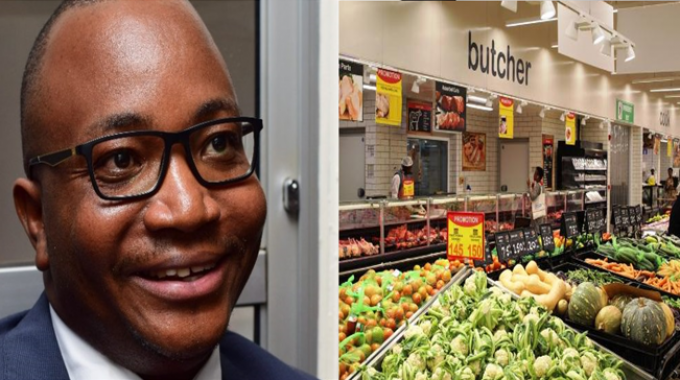Have you realized that your local store is now full of Ugandan products? I hadn’t. But now if you go to a supermarket, it’s easy to go and buy Supreme Posho, Ufuta cooking oil, Sanitizer from Tuku, Chicken from Ugachick Limited, Jesa Milk, local masks from Nytil, Bread from Kidawalime and go home with a Kaveera.
If madam insists on Bizigo, you will find yourself with Radiant from Movit, Shampoo from Movit, for the kids, you will take Movit baby Junior (many call it Baby Dunia) or Samona soap, Gweke or Samz crisps name it.
In construction, Good Will floor tiles from Kapeeka dominate the market. They beat the Chinese option in price and quality. This is a quick change from what it has been a few years ago.
The change, I have learnt is from several factors including the COVID 19 Lockdown measures that saw Kikuubo closed. Kikuubo is a source of cheap often fake products from Asia. With our high price of water and power, a land tenure that makes inputs hard to get consistently, negative attitudes over local products, most products on the market have been imports. COVID restrictions that saw China, which is the ‘Factory of the world’ close for close to 4 months and now the closure of Kikuubo, many local products now stand a chance for shelf life. I have learnt that some Ugandan manufacturers like Movit Products limited have more than doubled their sales during this period. The growth was sustained even when the market opened at the end of last year.
BUBU has taken root without much pushing. Beyond COVID, the change was championed by prohibitive taxation on foreign products. It started in Tiles, then furniture now it’s literally on everything. In the current budget, taxes on imports were increased on foreign products. Imported goods are charged a value added tax (VAT) of 18% and a 15% withholding tax, which is not reclaimable. Combined, these taxes effectively charge a 33% tax on all foreign goods and services. Imports are also charged a 1.5% infrastructure tax to finance railway infrastructure development. For some of these products, taxes are upwards of 50%. This makes the local industry competitive. It’s time for Uganda to consume Ugandan products.
Whatever we use in homes can now be produced locally after all, raw materials enter tax free. There is opportunity to package some of the foods people eat. Most people have small homes. They can’t eat a whole bunch of matoke, or a full cabbage or even boil beans. All these have long shelf life if frozen or kept under refrigeration. Why can’t we have pealed matoke, boiled beans, boiled cassava in the supermarket in quantities for these middle class families? It’s possible .
With the proliferation of the supermarkets in every corner, distribution is a lot easier. You will need to package well however. Rolling things in kaveera won’t cut it on the shelf. Get a good designer, there are hundreds of good printers and get your product to grow into a brand.
Next time you go to the supermarket, see what you can make and smile to the bank.
By Innocent Nahabwe
CEO at BlueCube Limited Incorporating Kagwirawo sports betting, 100.2 Galaxy FM, Bluecube, Katogo 24 and 911 Lounge Salaama Rd, Kampala
Deputy Chairperson of National Association of Broadcasters (NAB).















